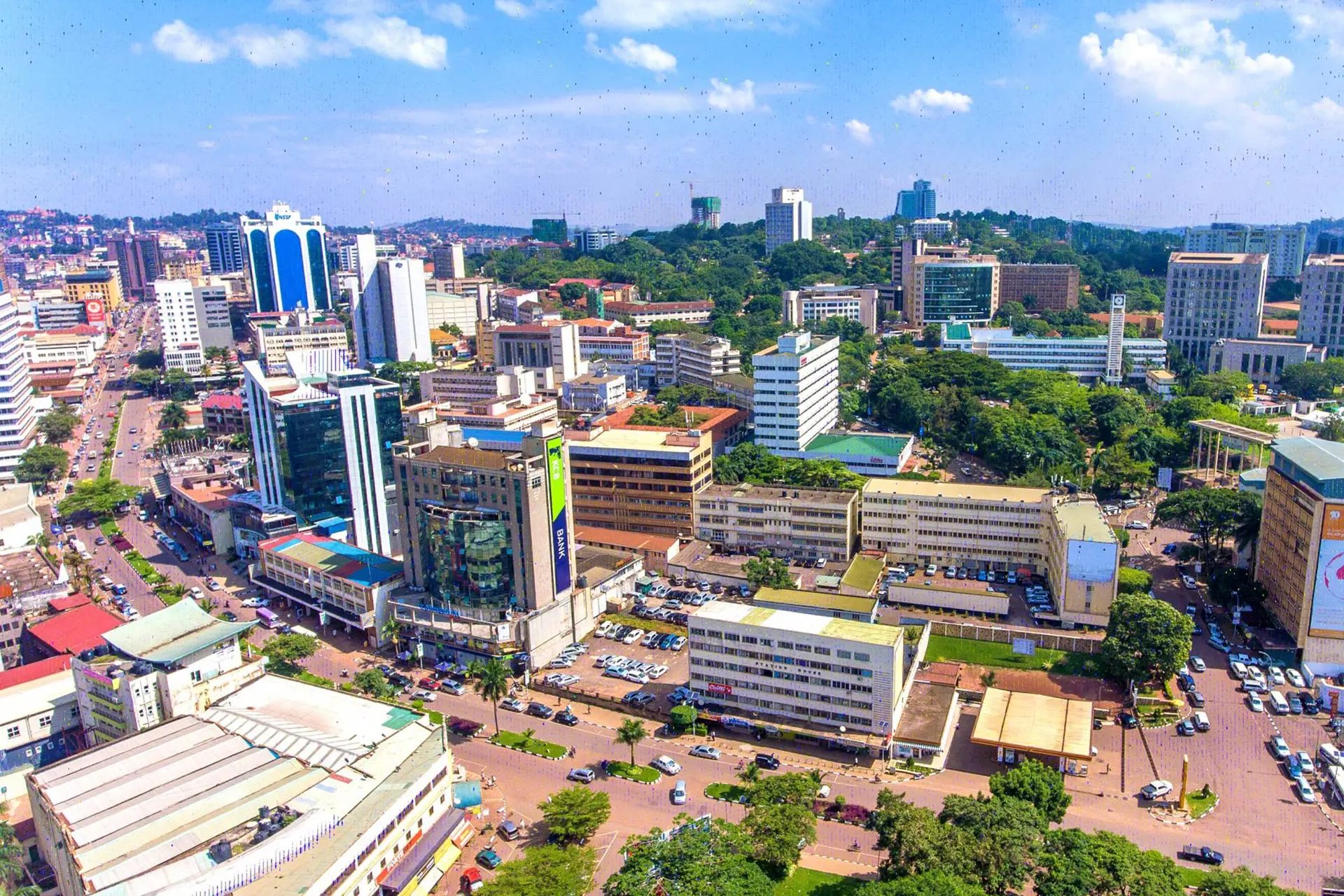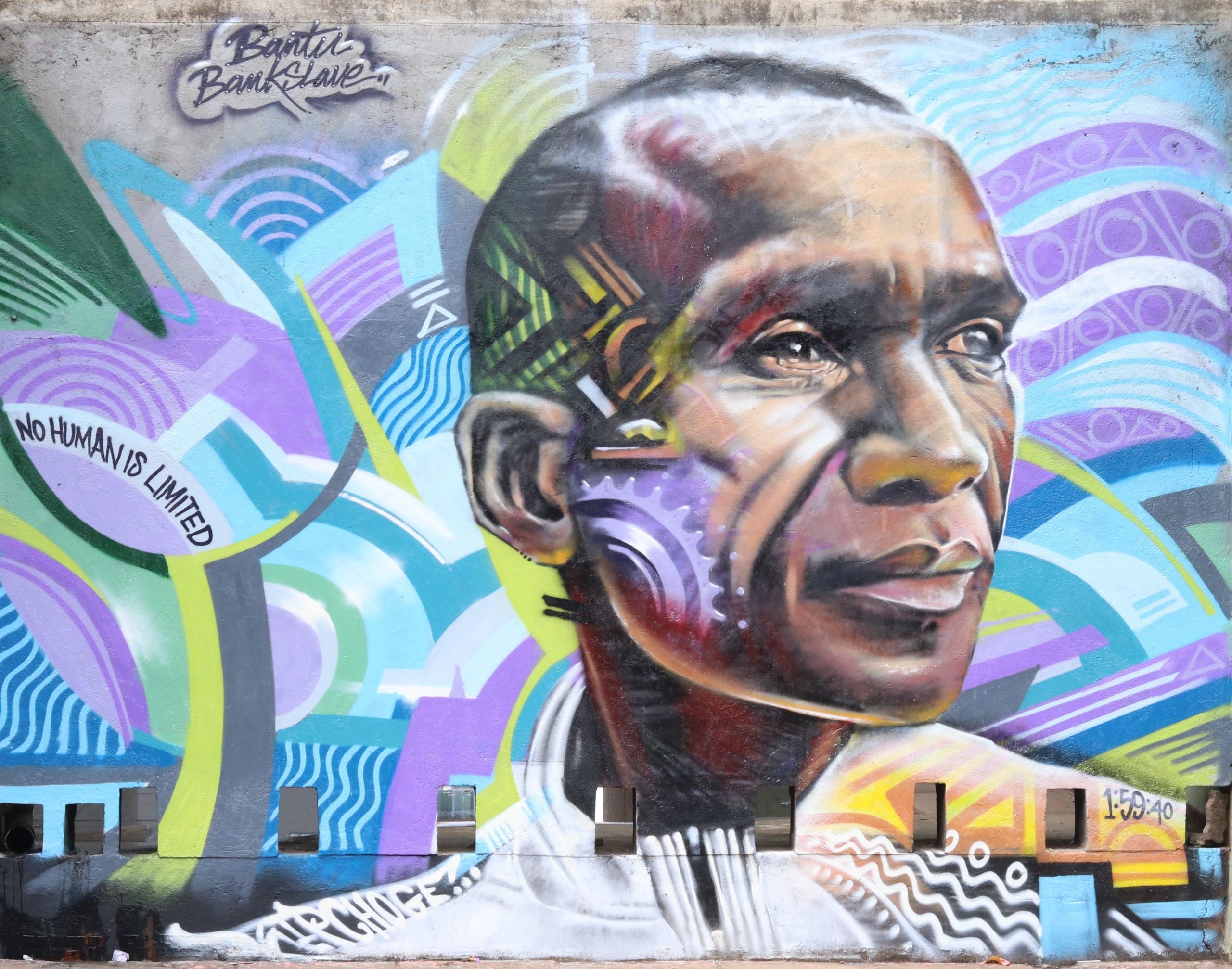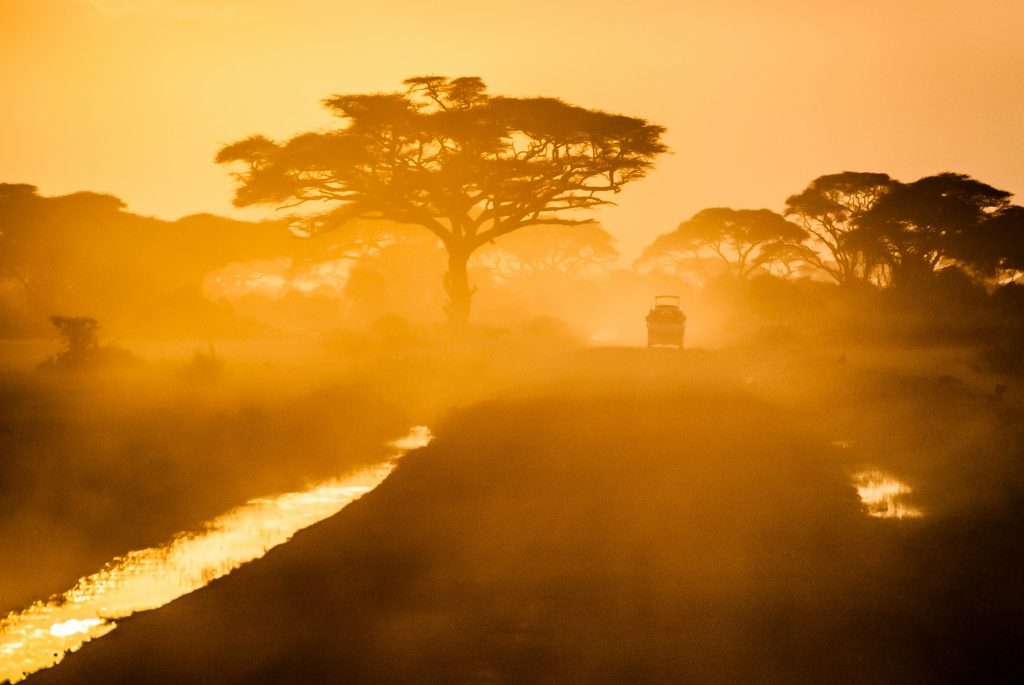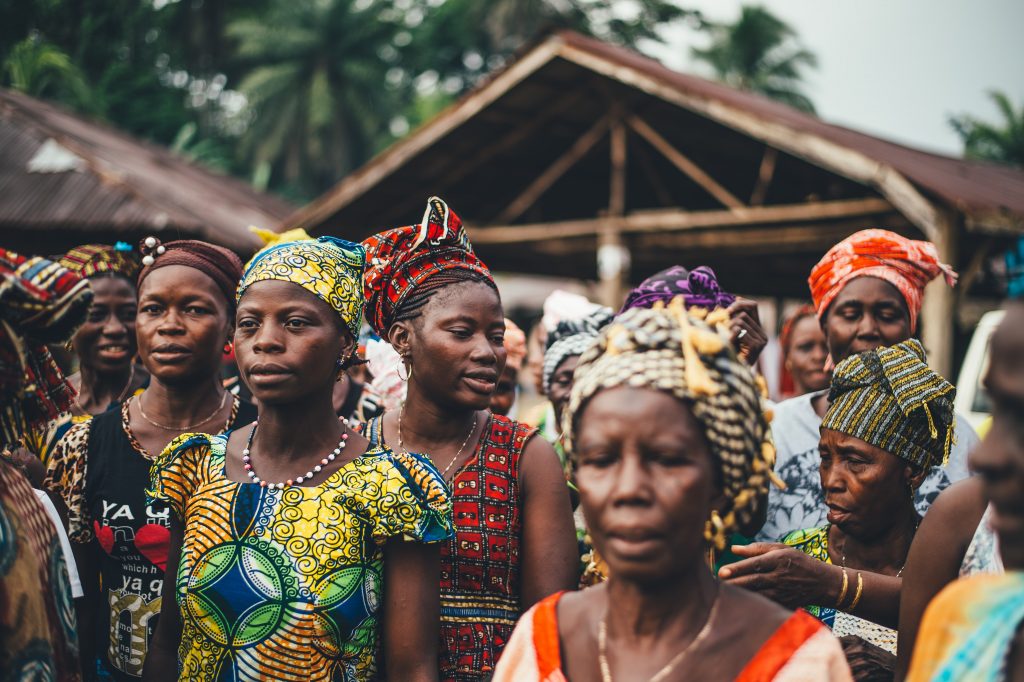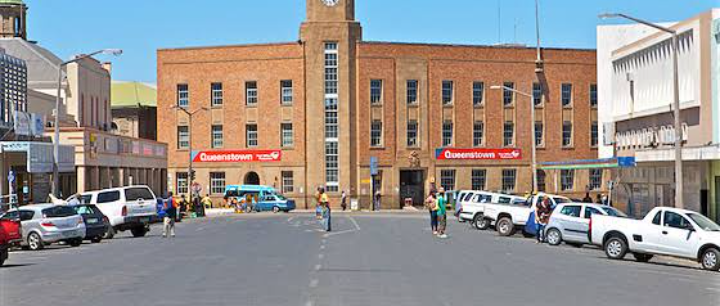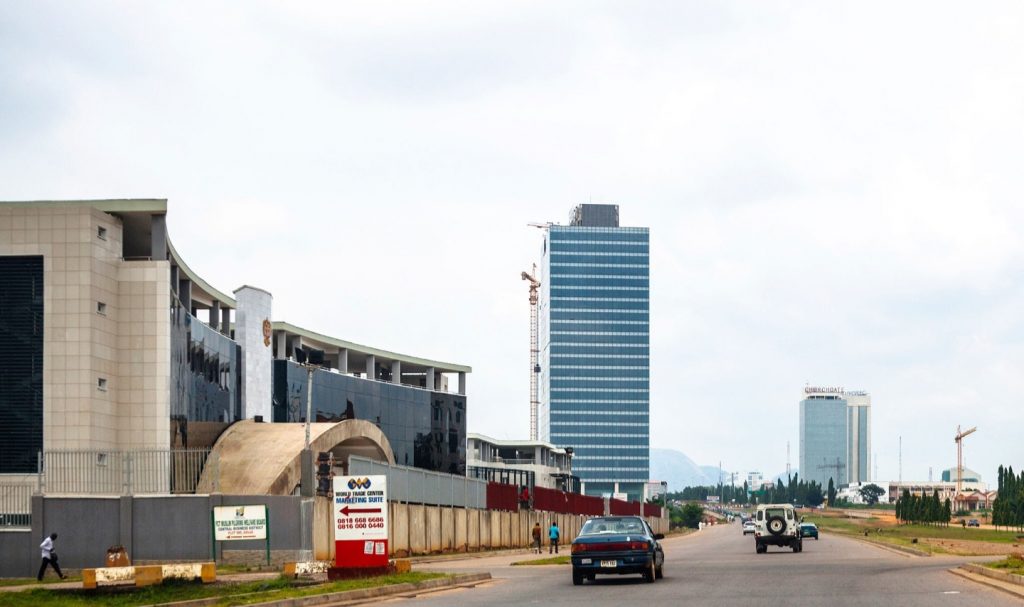All you need to know about French student visa
What is the registration procedure when applying for a France student visa? What does a French student visa include? These questions are the most commonly asked by international students. Though the key information is provided, details vary between countries. This article is based on how I, an international student from Vietnam, applied for my visa.
The conditions for applying for a French student visa
- Confirmation of Acceptance Letter: You must be invited to attend a course in France.
- For short-term courses of less than 3 months, you will apply for a tourist visa
- Courses of 3 months or more will apply for a long-term student visa.
2. Language certificates: If you choose a French program, it is recommended to have a DELF B2 French certificate recognized by France and Europe. Another option is to obtain a TCF DAP certificate of 350 points or more with a writing score above 10. Those whose program is in English should have IELTS 5.5 or higher.
3. Financial conditions: Have enough money to support yourself. You must prove financial to study in France with the amount previously stipulated as 7380 Euro. This amount may increase or decrease depending on the requirements of the French Consulate from time to time.
Other Required Documents: To apply for a French Visa you need to prepare the following documents
- 02 long-term visa application forms.
- 03 latest photos (white background; 3.5×4,5)
- Copy of Passport (valid for more than 6 months compared to the length of the course)
- Birth certificate (notarized French translation)
- Certificate of passing the interview round at CampusFrance
- A copy of your high school diploma
- Proof of accommodation in France
The process
- Fill out the student profile on CampusFrance’s website
- Pay the CampusFrance procedure fee
- Prepare the documents mentioned above for the following step of your visa application
- Make an appointment for a visa interview, also on CampusFrance’s website
- You will get your certificate of passing the interview round at CampusFrance right at the end.
I hope this article and information are helpful. Please let us know your thought by commenting below!
